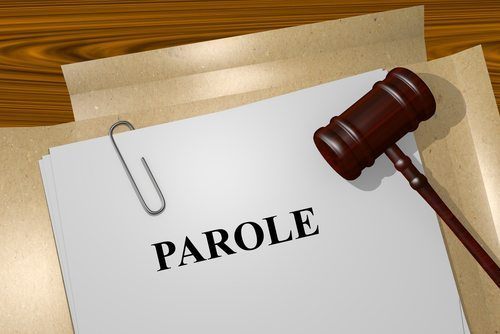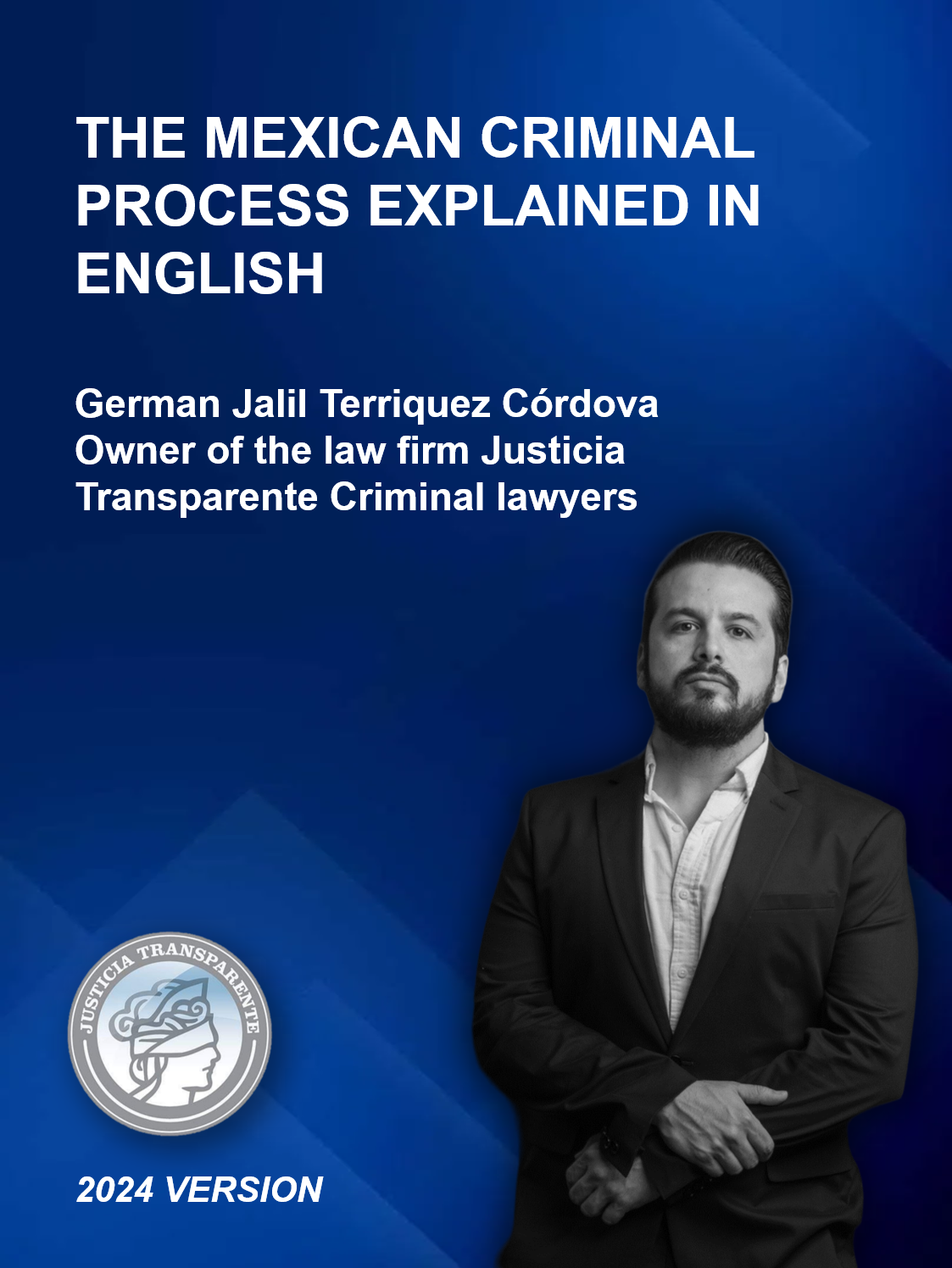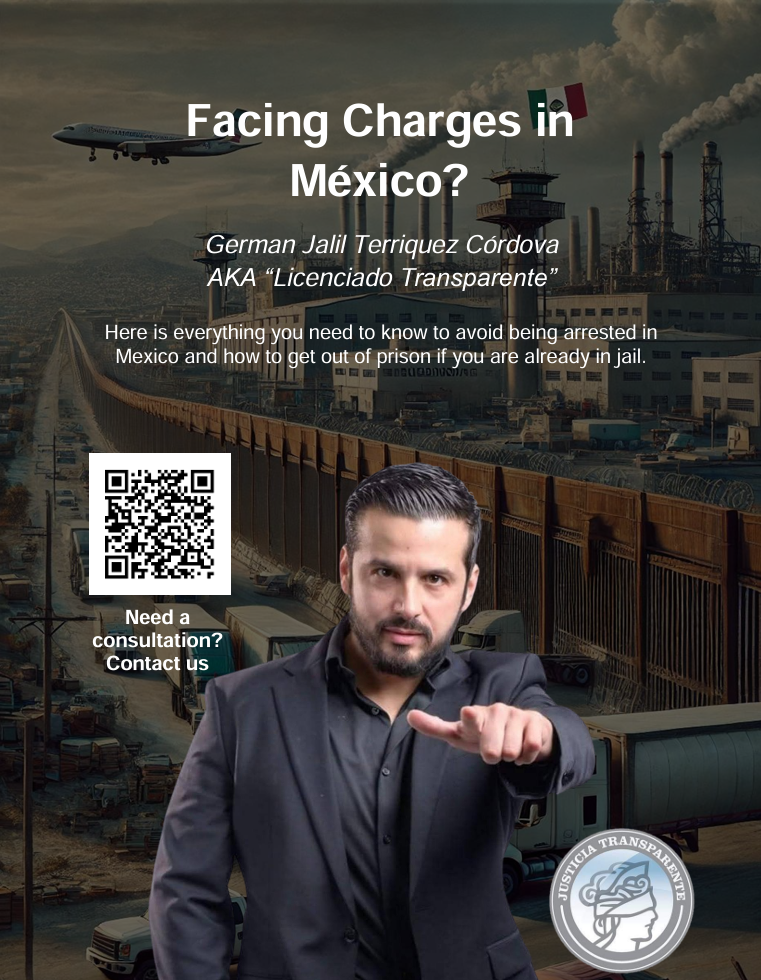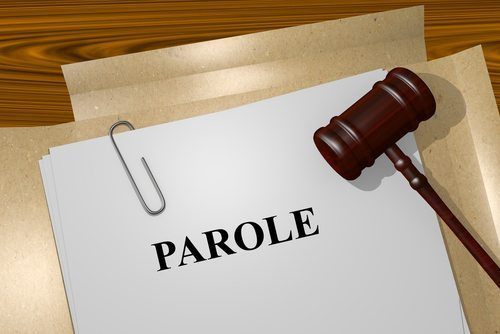
Introduction: Why Parole in Mexico Matters for U.S. Families
When a U.S. citizen or permanent resident learns that a loved one is serving a prison sentence in Mexico, the first question is often: Is there a way to secure early release? In the United States, parole is widely understood, but in Mexico the process is regulated differently.
This guide is designed to understand parole in Mexico (“libertad condicional in spanish”) and early release (“libertad anticipada in spanish”) in Mexico. It draws directly on the Mexican National Law on Criminal Enforcement, referencing specific articles—5, 113, 131, 136, 138, 139, 140, and 141—that establish how parole is granted, supervised, and, if necessary, revoked.
Our goal is simple: to give U.S. families accurate, reliable, and accessible legal knowledge so they can make informed decisions and support their loved ones during this difficult time.
Section 1: What Is Parole in Mexico?
Parole in Mexico is a pre-release benefit granted to certain convicted individuals who meet strict requirements. It allows them to serve part of their sentence outside of prison under supervision, similar to the U.S. system but with notable differences.
Accused a relative of a crime in Mexico? Do you need to know if it is a crime to bring weapons into Mexico? Do you need to know if it is a crime to bring marijuana into Mexico? The prosecutor is accusing me of having committed a crime that I did not commit? Has your loved one been in jail in Mexico for years?
If you are in one of these situations, hire an online consultation.
Do you want to avoid an arrest warrant against you in Mexico?
Conditional Release – Article 136 Mexican National Law on Criminal Enforcement
Article 136 establishes conditional release:
“The Execution Judge may grant conditional release to the sentenced person under the modality of supervision with or without electronic monitoring.”
Visit our online store
One of our products can help you
This means the judge can allow an individual to leave prison before completing their full sentence, but they remain under state supervision.
Early Release – Article 141 Mexican National Law on Criminal Enforcement
Article 141 establishes early release:
“Early release extinguishes the prison sentence and grants liberty to the sentenced person. Non-custodial sanctions may remain, and the victim must be notified.”
This form of release is more definitive—it eliminates the remaining prison time altogether. However, it applies only in specific cases, often requiring 70% of the sentence served in intentional crimes.
Section 2: Legal Framework and Articles of Law
To understand parole in Mexico, it is crucial to examine the legal articles that regulate it.
Article 5 – Principle of Publicity
All hearings in Mexico are public by default, ensuring transparency:
“Hearings shall be public, so that not only the parties involved but also the general public may attend, with exceptions provided by law.”
This principle guarantees that parole hearings are open, unless restricted for sensitive reasons.
Article 113 – Rights of the Accused
This article ensures that defendants have essential rights during the process:
- Access to their case file.
- Adequate defense by a licensed attorney.
- Confidential communication with their lawyer.
Article 131 – Appeals
If parole is denied, Article 131 allows the decision to be appealed within three business days, ensuring higher courts review the legality of the ruling.
Article 136 – Conditional Release
Outlines requirements for parole, including no prior final conviction, good conduct, restitution, and serving at least half the sentence.
Article 138 – Supervision of Obligations
Authorities must oversee compliance with parole conditions and report to the judge.
Article 139 – Reduction of Obligations
Supervision requirements may be reduced if the parolee engages in productive, educational, or cultural activities.
Article 140 – Revocation of Parole
Parole may be revoked if the offender commits a new crime, repeatedly violates conditions, or completes their sentence.
Article 141 – Early Release
Sets stricter requirements, including 70% of the sentence served for intentional crimes, and excludes serious offenses such as organized crime and kidnapping.
Section 3: Requirements to Qualify for Parole
The law lists several strict requirements for eligibility under Article 136
- No prior final conviction.
- No objective risk to victims, witnesses, or society.
- Good conduct during incarceration.
- Completion of the prison’s activity plan.
- Payment of restitution and fines.
- No pending proceedings for crimes requiring mandatory detention.
- At least half of the sentence served for intentional crimes.
For early release under Article 141, requirements are even stricter:
- 70% of the sentence served in intentional crimes.
- 50% in negligent crimes.
- Exclusion for organized crime, kidnapping, and human trafficking.
Section 4: The Parole Hearing Process
Parole hearings are a critical stage, governed by Article 5 CNPP (publicity) and the defendant’s right to defense under Article 113.
What Happens at the Hearing?
- The judge verifies compliance with legal requirements.
- The prosecutor presents arguments against release.
- The defense attorney advocates for parole.
- The judge makes a ruling, which is video recorded as required by law.
Section 5: Rights of the Offender
Article 113 CNPP guarantees rights that protect the fairness of the process:
- Access to the case file: The defendant can review records before the hearing.
- Defense rights: The defendant may choose a private lawyer or be assigned a public defender.
- Confidentiality: Meetings with legal counsel must remain private.
Section 6: After Release – Obligations and Supervision
Freedom under parole is conditional. The law imposes obligations to ensure reintegration and protect society.
- Article 138 CNPP – Supervision: Authorities monitor compliance.
- Article 139 CNPP – Reduction: If the parolee pursues education, culture, or sports, obligations may be reduced.
- Article 140 CNPP – Revocation: Violations, new crimes, or sentence expiration can cancel parole.
Section 7: Parole vs. Probation in Mexico
Parole and probation differ significantly:
- Parole (Article 136): Granted after conviction and partial completion of a sentence.
- Probation (suspensión condicional del proceso): Granted before conviction, allowing the case to be closed without a criminal record if conditions are met.
Section 8: Comparison Between U.S. and Mexican Parole
- Similarities: Both require good conduct, allow supervised release, and include conditions like restitution.
- Differences: In Mexico, parole is tightly linked to compliance with Articles 136 and 141, with stricter time-served requirements. Hearings are public, unlike many U.S. parole hearings.
Section 9: Frequently Asked Questions
Are hearings recorded?
Yes, all parole hearings are video recorded by law.
Can the offender bring family into the hearing room?
Yes, under Article 5 CNPP, hearings are public, and family members may attend.
Can parole obligations be reduced?
Yes, under Article 139, obligations may be reduced through education or cultural activities.
Can parole be revoked?
Yes, under Article 140, parole may be revoked for violations or new crimes.
Section 10: Case Studies and Examples
Example 1: U.S. Citizen Convicted in Baja California
A U.S. citizen convicted of a property crime served more than half his sentence and demonstrated good conduct. His defense attorney argued compliance with Article 136, and he was granted parole.
Example 2: Denied Parole and Appeal
A foreign national requested early release but had not yet completed 70% of his sentence. The request was denied, but under Article 131, his defense filed an appeal.
Conclusion: Why Legal Assistance Is Essential
Parole in Mexico is not automatic. It requires:
- Careful compliance with Articles 5, 113, 131, 136, 138, 139, 140, and 141
- A strong legal strategy.
- Clear evidence of rehabilitation and restitution.
For U.S. families, having bilingual legal counsel familiar with both U.S. and Mexican law can make the difference between prolonged incarceration and early release.
If you or a family member is incarcerated in Mexico, contact our law firm immediately for a confidential consultation about parole and early release options.
The Mexican criminal process explained in English

Facing Charges in México?.




